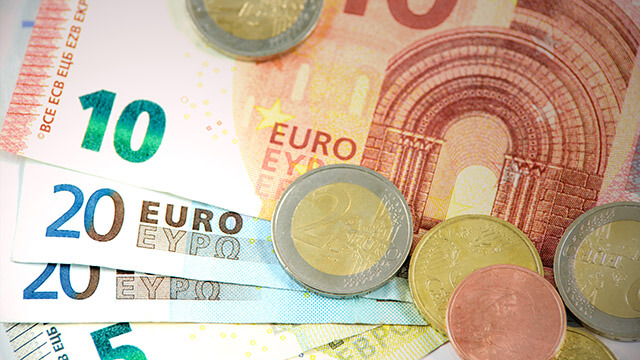The EUR/USD currency pair is currently experiencing a slight decline, trading around 1.1145 during the Asian session on Thursday. This pullback breaks a four-day winning streak, as market analysts weigh the implications of potential changes in monetary policy from both the US Federal Reserve (Fed) and the European Central Bank (ECB). Expectations are building that the Fed may begin easing its monetary policy as early as September, contingent on continued signs of cooling inflation.
Recent minutes from the Fed’s last meeting have indicated a strong inclination among officials to cut interest rates next month if inflation trends downward. This sentiment was underscored by Atlanta’s Fed President, who suggested that a policy shift might be necessary sooner than previously anticipated. Anticipation is growing around Fed Chair Jerome Powell’s upcoming speech at Jackson Hole, where he may provide critical insights into the trajectory of U.S. interest rates. Analysts believe that dovish comments could exert downward pressure on the US dollar, creating a favorable scenario for the EUR/USD pair.
Meanwhile, the ECB remains cautious but is also expected to resume its cycle of interest rate cuts. While the central bank did not provide explicit guidance on future rate adjustments, some policymakers indicated the possibility of further reductions due to ongoing economic weakness in the Eurozone. The market has already priced in a high likelihood of a 25 basis point cut in the deposit rate to 3.5% in September, with expectations for additional moves by year-end.
Understanding the dynamics of both central banks provides valuable insight into the valuation of the EURO . The ECB’s measures, including the potential for Quantitative Easing (QE) under unfavorable economic conditions, play a crucial role in influencing currency strength. Conversely, a shift towards Quantitative Tightening (QT) signifies an economic recovery that could strengthen the EURO . With both central banks poised for significant policy shifts, the market watches closely for upcoming data releases, including the preliminary Purchasing Managers’ Index (PMI) figures for August from both the Eurozone and the U.S.
